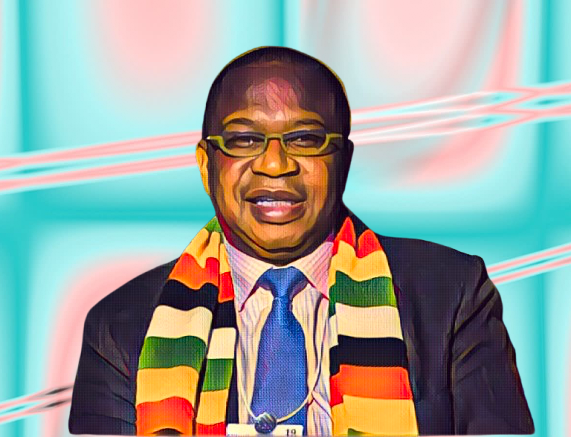KEY POINTS
-
Zimbabwe urges the U.S. to cut 10% tariffs on its exports, arguing the levy exacerbates economic turmoil and limits access to critical foreign currency.
-
Diplomatic tensions over human rights and governance concerns complicate the appeal, with the U.S. likely demanding reforms before concessions.
-
A tariff reduction could marginally boost Zimbabwe’s tobacco and mineral exports but falls short of addressing systemic issues like hyperinflation and debt.
The Zimbabwean government has formally requested the United States to reduce a 10% tariff imposed on its exports, pleading for relief to revive its faltering economy and address chronic foreign currency shortages.
The appeal, delivered during bilateral trade talks in Washington D.C. this week, underscores Harare’s desperation to access vital dollar inflows as it battles inflation exceeding 300% and a liquidity crisis crippling critical imports.
Zimbabwe’s Minister of Industry and Commerce, Sithembiso Nyoni, argued that the tariffs — applied to agricultural goods, textiles, and minerals under the U.S. Generalized System of Preferences (GSP) — stifle the nation’s export competitiveness. “This levy is a barrier to trade parity,” Nyoni stated. “Removing or reducing it would unlock opportunities for Zimbabwean businesses, create jobs, and stabilize our economy.”
Zimbabwe exports approximately $150 million worth of goods annually to the U.S., including tobacco, platinum, and citrus, but faces steep competition from regional rivals like South Africa and Zambia, which benefit from duty-free access under the African Growth and Opportunity Act (AGOA).
Sanctions and strained relations complicate tariff negotiations
Analysts caution that Zimbabwe’s appeal faces headwinds due to frosty diplomatic ties rooted in Washington’s sanctions over human rights abuses and electoral fraud under President Emmerson Mnangagwa’s administration.
The U.S. renewed sanctions in March 2024, citing “ongoing repression and corruption.” John Campbell, a former U.S. ambassador to Nigeria and Council on Foreign Relations fellow, noted, “Trust deficits persist. The U.S. is unlikely to grant concessions without tangible reforms in governance and transparency.”
Newsday reports that Zimbabwe’s economy has yet to recover from decades of mismanagement, hyperinflation, and isolation. The COVID-19 pandemic and Russia’s war in Ukraine exacerbated food and fuel shortages, while the Zimbabwean dollar, reintroduced in 2019, has collapsed to a parallel market rate of ZWL 10,000 per U.S. dollar. The Confederation of Zimbabwe Industries (CZI) reports that over 70% of manufacturers operate below capacity due to forex shortages. “Reducing U.S. tariffs could incentivize export growth and ease pressure on our currency,” said CZI president Kurai Matsheza.
The U.S. Trade Representative’s office confirmed receipt of Zimbabwe’s request but offered no commitments. A spokesperson remarked, “All trade policy decisions prioritize U.S. economic interests and adherence to democratic principles.” Meanwhile, Harare has turned to regional allies like South Africa and China for support, though loans from Beijing have deepened Zimbabwe’s $18 billion debt burden.


